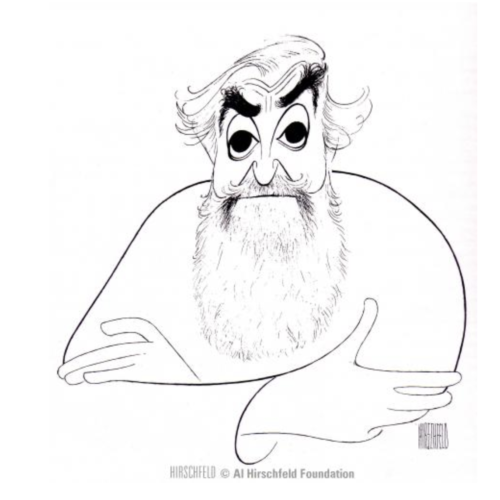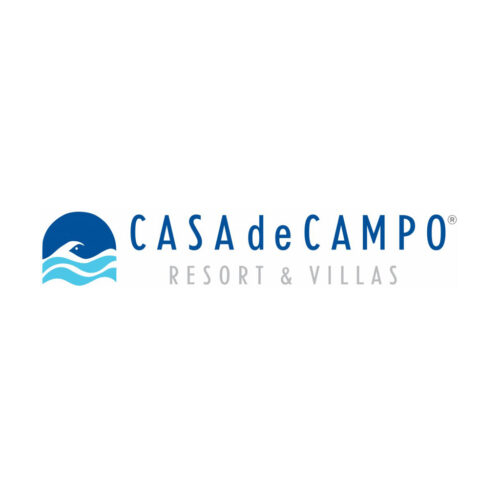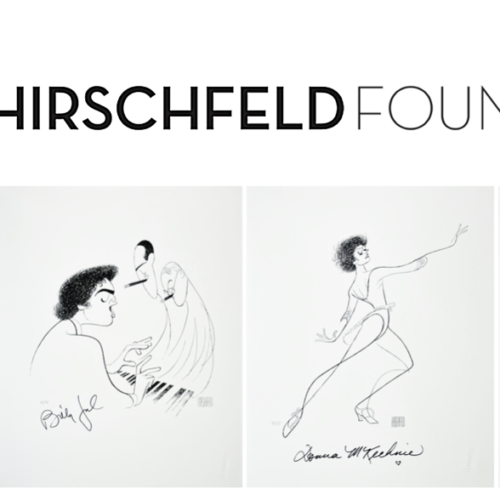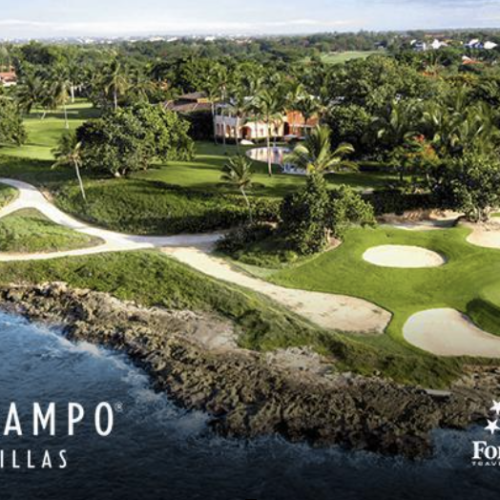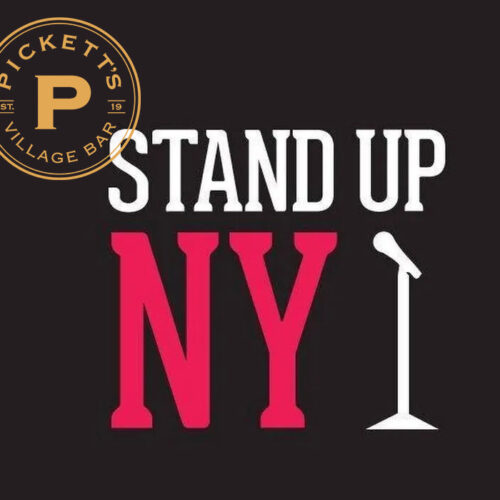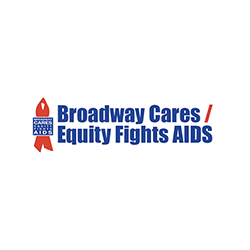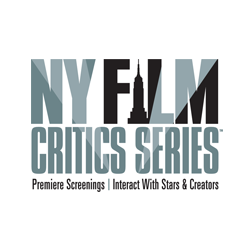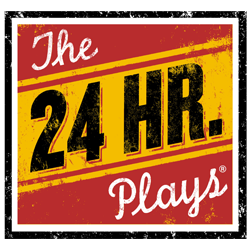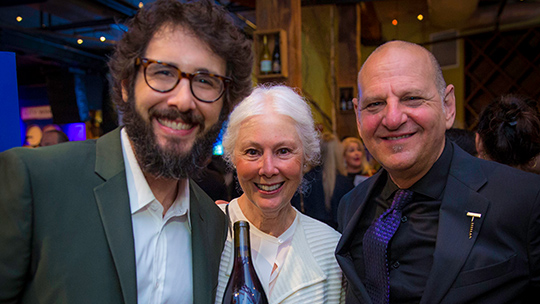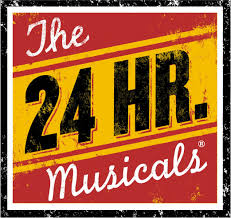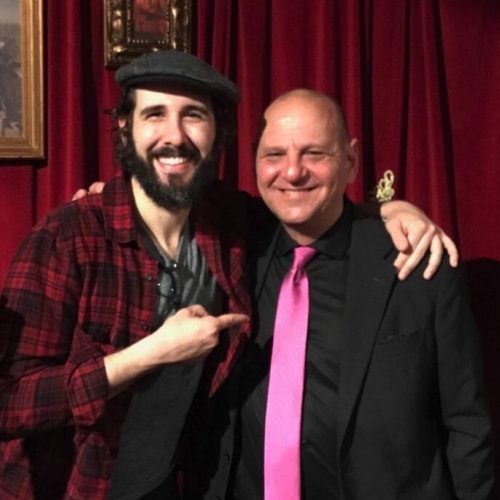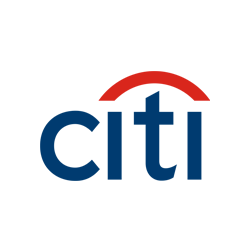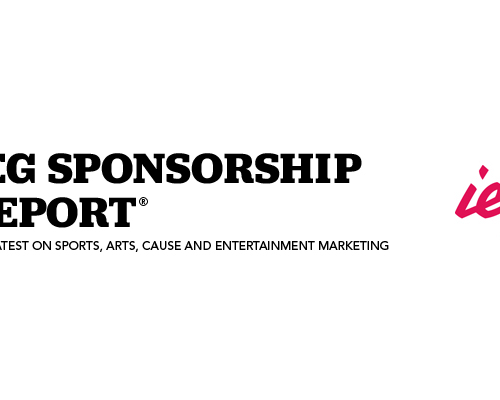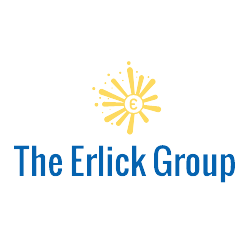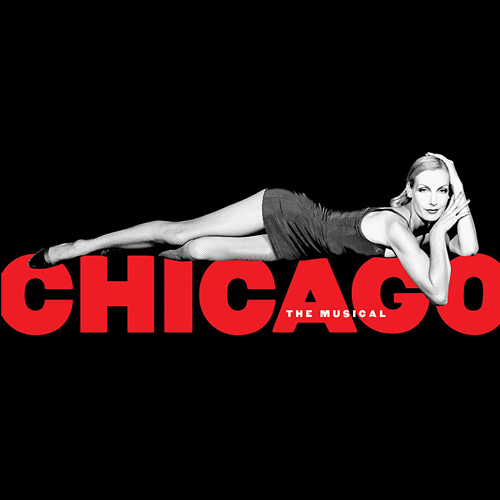Everyone from Burger King to the Salvation Army is giving away prepaid long-distance phone cards as a business incentive. So does that mean you should, too – or is the “telecard” just the latest promotional fad?
“It’s a fad,” says Don Peppers, author of Life’s a Pitch, Then You Buy, “but it’s also the wave of the future as an information-based premium.”
Unlike letter openers, crystal bowls, and other generic premiums, telecards require customization and planning to be effective. Below, two very different organizations explain how they have used calling cards to build sales.
Uncle Dave’s Kitchen, a $3-million pasta-sauce and condiment manufacturer in South Londonderry, VT, has used prepaid phone cards as a retail promotion. Though his products were already in supermarkets and retail stores, CEO David Lyons wanted enter the gift market. He figured an innovative premium would be just the ticket.
“There were thousands of people approaching retailers with gift baskets,” says Lyons, “but at the same time, nobody was doing this.” Working with SmarTel, a telecard provider, Lyons spent $1,625 up front to produce the first batch of cards. He sent out sales representatives armed with the customized cards to give away to retail buyers.
By Father’s Day, Uncle Dave’s was selling gift boxes in a dozen stores. Every dad whose kid bought him an Uncle Dave’s gift box of pasta sauce, ketchup, and mustard for Father’s Day last year has by now heard a message from Lyon’s company, because bundled in with the sauces was a telecard. Fathers in Chicago, for instance, learned that their present was purchased at Marshall Fields, where they could buy more Uncle Dave’s products. When Dad dialed in for his 10 minutes of free long-distance calling time, he heard this message: “Happy Father’s Day from Uncle Dave’s and Marhsall Fields, and thank you for shopping.”
The telecard also allows marketers to electronically update their messages. Lyons did so in time for a July 4th promotion. All in all, he spent $17,625 for the cards packaged in gift boxes.
When New York City-based Dodger Productions put on the Broadway show How to Succeed in Business… last March, it wanted to be sure to play to a packed house throughout the season. The production company spend $24,000 to design, produce, and mail its own telecard, whose prerecorded message features the star of the show, Matthew Broderick. The actor’s voice prompts callers to choose from a menu of marketing messages – including recordings from the sound track, critic’s reviews, and a direct connection to the group-tickets box office – before the recipient can use the five minutes of free calling time.
Last August a card was mailed to each of the 7,500 group-sales leaders, who sell group theater tickets, to encourage them to book tourist groups for the show. Dodger Productions packaged the card inside a brochure explaining the sales incentive: the group leaders could add 250 to 500 extra free long-distance minutes to their telecards for booking a certain number of tickets. As of last October, the promotion had brought in $284,000 in ticket revenues, says Dodger Productions’ Laura Maralon. The card gives the Broadway production company the added bonus of being track an individual salesperson’s performance by the personal-identification numbers used to activate the telecard.
Still, like most novelty items, sales premiums lose their luster when they start to become as common as business cards. Lyons says gift-basket sales now accounting for 20% of his company’s revenues, and he credits the telecard incentive with opening stores’ doors. But, he said, “we won’t continue to use the cards, because everyone else is using them now.”
Related News
The Al Hirschfeld Foundation Welcomes 3 New Board Members
“WE ARE DELIGHTED THAT OUR BOARD IS GETTING BOTH BIGGER AND BETTER.” The Al Hirschfeld Foundation has announced three new members…
Casa De Campo Resort & Villas Announces Partnership With Luxury Home Exchange Service,...
The Exciting New Collaboration Transforms the Way in Which Luxury Homeowners Travel and Leverage Their Investments London, 27 February 2023…
New Selection of Limited Edition Al Hirschfeld Prints Signed by Legendary Broadway Stars...
SOURCE: KEITH SHERMAN AND ASSOCIATES INC., PUBLIC RELATIONS Auction, in Partnership with Heritage Auctions, Benefits Broadway Cares/Equity Fights AIDS and the…
Casa de Campo Resort & Villas Becomes Official Destination Partner of the Swag...
Legendary Dominican Resort Will Serve as ‘Key Sponsor’ for 14-Event Series Beginning in March (LA ROMANA, Dominican Republic) – Casa…
Pickett’s Village Bar and Stand Up New York Join Forces for Dinner and...
Storied NYC Comedy Club Delivers Top Talent for Night of Entertainment Evening Kicks Off with Three Course Meal by Chef…
RDK Melanoma Foundation and Astreea Team Up to Strike Out Sunburns at Citizen’s...
PHILADELPHIA, Pennsylvania, February 2nd, 2022: The Richard David Kann (RDK) Melanoma Foundation is partnering with Astreea to offer fans free…
20 Limited Edition Al Hirschfeld Prints Signed by Legendary Broadway Stars, Now Up...
Auction, in Partnership with Christie’s and Charitybuzz, Benefits Broadway Cares/Equity Fights AIDSand the Al Hirschfeld Foundation Download images of the art…
New York Film Critics Series and NJPAC Partner To Celebrate the 40th Anniversary...
special partnership with New Jersey Performing Arts Center will present a unique movie experience celebrating the 40th Anniversary of National…
The 24 Hour Plays on Broadway to Honor Playwright Marsha Norman, in Partnership...
The 24 Hour Plays announced that Pulitzer Prize-winning playwright Marsha Norman will be honored at The 17th Annual The 24…
Wineglass to Josh Groban - You Raise Me Up
Groban announced his new wine venture last month during his annual Find Your Light Gala.
Jesse Eisenberg, Nellie McKay, Alex Newell, Deborah Ann Woll, Ashley Fink, and Amanda...
The 24 Hour Musicals: Los Angeles is an intensive theatrical endeavor where a team of over 100 will come together…
Ross and Josh Groban Take the Stage in NYC for the Arts
Josh Groban and Halleck Vineyard are making a wine to support the arts in public schools across the US!
National In-Theater Screening Series Partners with Real World Social Network Group IVY (ivy.com)
The NY Film Critics Series® has partnered with Ivy (Ivy.com) and the nation's leading independent cinemas to present live, national,…
NY Film Critics Series Announces National in-Theater Screening Series to Feature “Danny Collins”...
We’re excited to announce that our next NYFCS® film screening will be Bleecker Street’s “DANNY COLLINS”.
NY Film Critics Series Announces Next National in Theater Screening Featuring "Cake"
We’re excited to announce our next NYFCS film screening will be Cinelou Releasing’s “CAKE”.
2014 Winners Announced 70TH Annual Theatre World Award Ceremony set at Circle in...
Citi is a Proud Sponsor of the 70th Annual Theatre World Awards coordinated by The Erlick Group (www.erlickgroup.com) a New…
Who Does What: Sponsorship Sales Agencies
IEG SR profiles some of the industry’s leading players.
Important for Properties
"It's important for properties not to have stars in their eyes and fall in love with 800-pound gorilla shops. At…
Spotlight on Sponsorship! Showbizzle.com, Making Hollywood User Friendly!
As a way to draw increased awareness and attention to some of the standup sponsorship opportunities on our site, we…
COCA-COLA Teams up with Duane Reade to bring Broadway's award winning musical, Chicago...
Coca-Cola announced an exclusive partnership today with the Duane Reade, New York's leading drug store, to offer consumers an opportunity…

